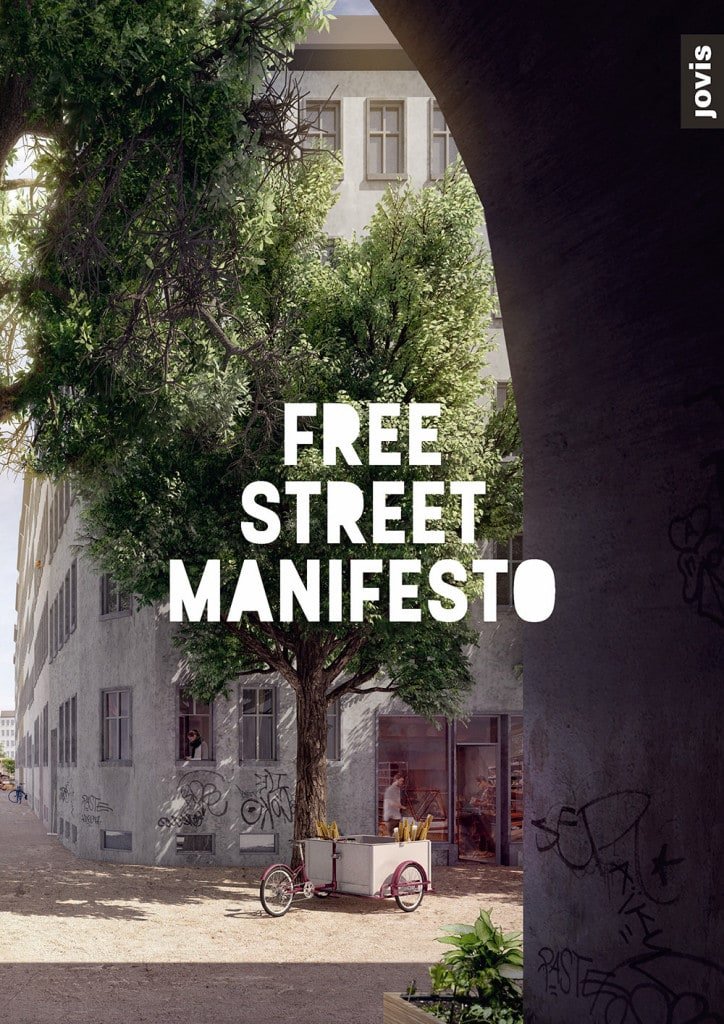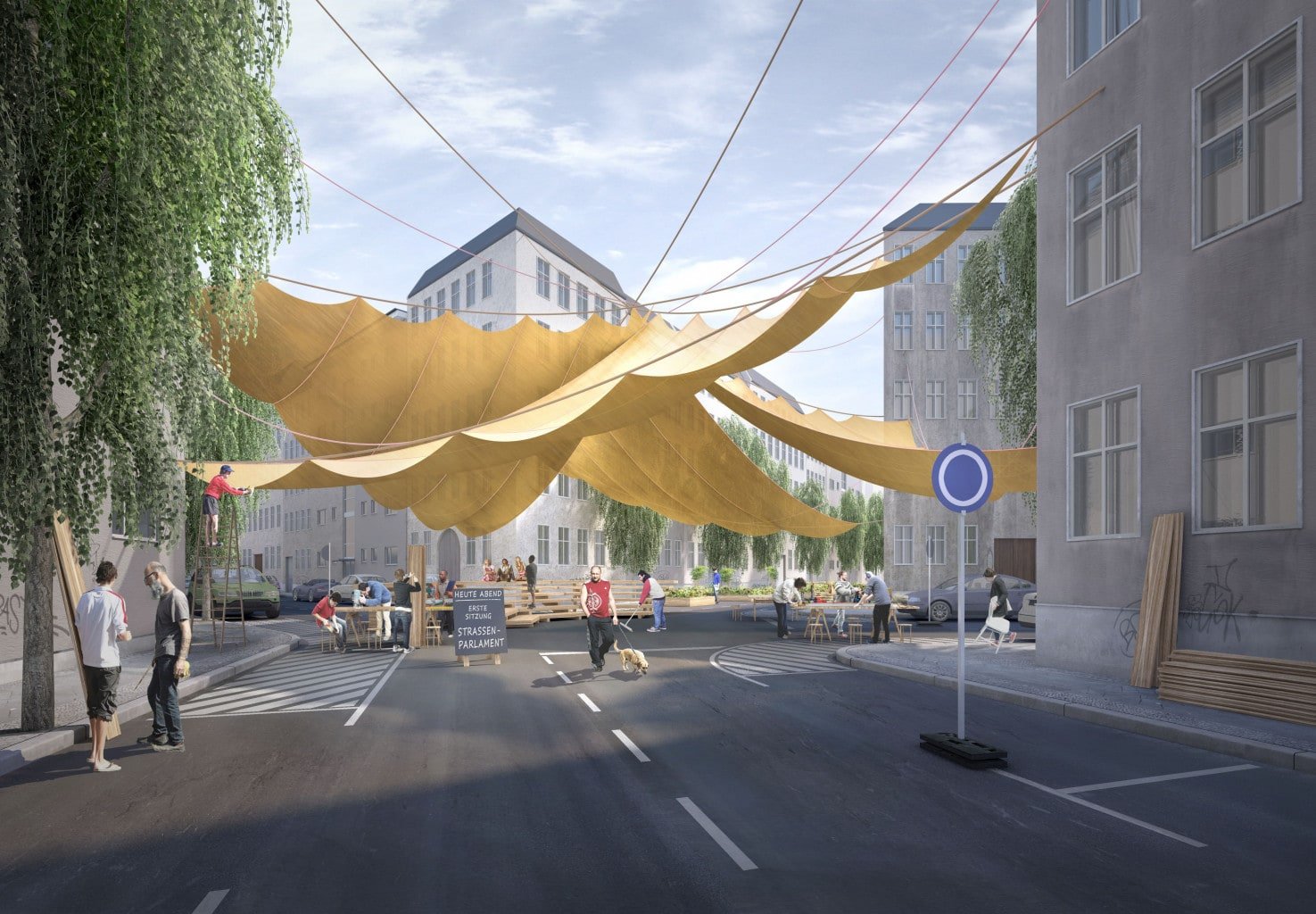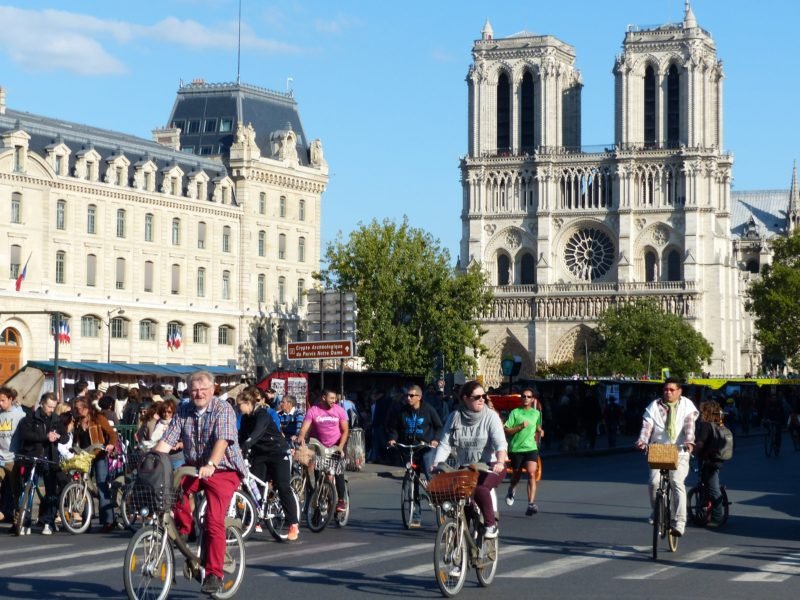Free Street Manifesto Is a Guide for a Post-Car City
Cars have dominated the streetscape for so long that it's hard to imagine a future without them — but that's exactly what The Free Street Manifesto does. With images, comics, historical information and scientific insights, the book tries to convince readers of the importance of so-called 'free streets'.

Guide for a Post-Automobile Future
The Free Street Manifesto understands free streets not just as places to get from A to B, but as places where people come together and enjoy spending their time. According to the authors, a German collective named Free Street Alliance, free streets are a prerequisite for vibrant and bustling societies in which traffic and people move at a slower pace.
The book is divided into seven themes — Neighbourhood, Mobility, Economy, Health, Climate, Politics and Participation. Using these themes, the authors provide numerous examples of why our current streets are too car-centric and why it is important (and possible) to do better. From the health risks of noise pollution (which we also worry about, read our articles on urban tranquility here) to how our streets can become more climate-resilient — the book covers a wide range of ideas and topics.


The authors paint a painful picture of the current situation. Cars take up a huge amount of public space, and most are parked there for more than 23 hours a day. The manifesto proposes a better future — one where shared mobility services replace personal vehicles and where streets are redefined as places for social gathering. It explains how ideas of car-free streets fit into ideas of a sustainable economy in which goods and services are produced and consumed locally.
Information
The Free Street Manifesto
Editor: Free Street Alliance
Publisher: JOVIS Verlag GmbH
Publication date: 5 December 2022
Language: English
159 pages
ISBN: 978-3-86859-775-2



